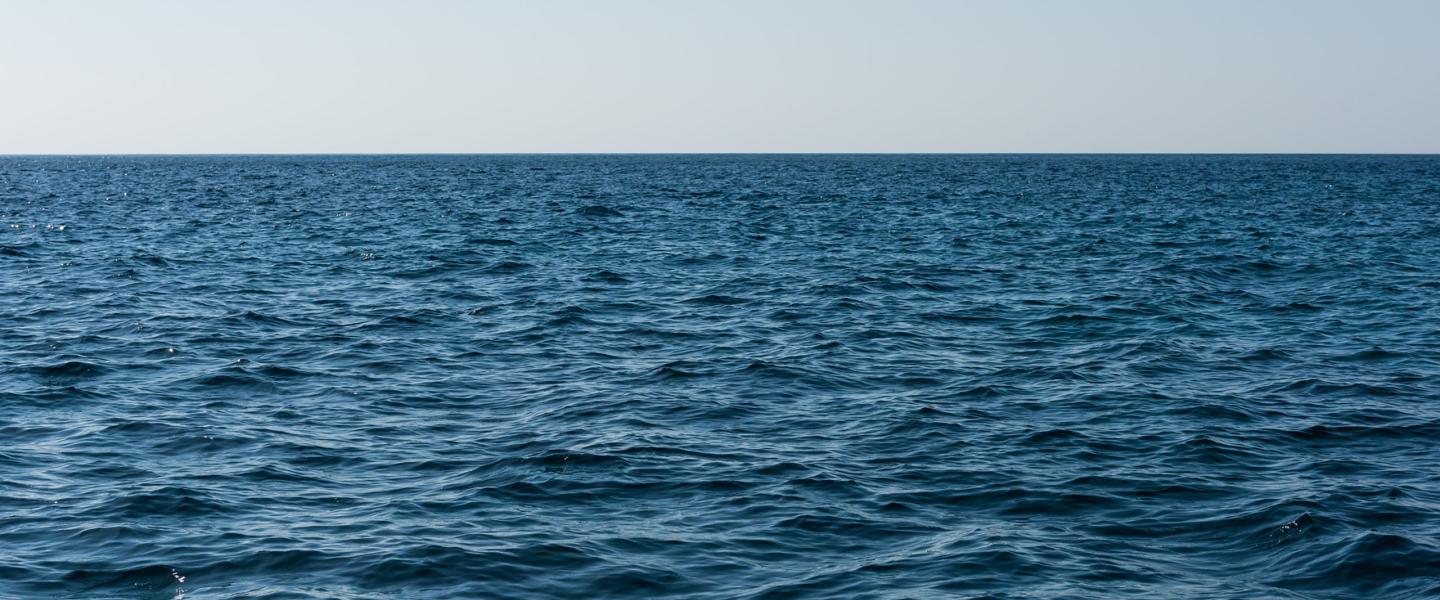The HRAS Interview with Dean Summers of ITF Australia
Slave Ship; Death Ship; Summers Wants Change

In August 2015, ITF Australia coordinator, and fourth-generation seafarer, Dean Summers swum the English Channel to raise money for a charity that supports seafarers. HRAS spoke to him after this marathon effort to find out why he dedicates his life to seafarers’ well-being.
HRAS: What inspired you to swim the Channel?
It’s this strong emotional link to the seafaring fraternity that drives me in my career and my personal life. It’s a very natural fit to dedicate the efforts of the Channel swim towards the world’s 1.3 million seafarers, many of whom will traverse the Channel at some point in their lives. Theirs is a tough, lonely and thankless job, and they deserve more from a world that relies completely on their work.

HRAS: What is your role at ITF?
I am the Australian national coordinator for the FOC (flag of convenience) Campaign. We’ve got about 20 coordinators around the world, strategically placed in countries that are active and have some capacity for leverage in the FOC Campaign. The campaign protects the rights and looks after seafarers that sail under flags of convenience.
A flag of convenience is a way of registering a ship in a country that is prepared to prostitute their flag to get away from all sorts of regulatory costs, taxes, unions, and other expenses.
Some of those places are war-torn. They don’t know or care about the maritime industry, and they are so divorced from it that it’s a ridiculous situation. Mongolia is a case in point. It doesn’t have any coast at all.
My job is to coordinate the efforts of union and others, including inspectors, to protect the rights of those seafarers. We’ve got three full-time inspectors in Australia, and around the world they join about 140 full-time inspectors.
We try to encourage shipowners who go with the flags of convenience to have industrial agreements with us, and we are successful with about 40-50 percent of the world’s fleet. When they do, we have the authority and the right to police those agreements.
Read the full HRAS Interview HERE
